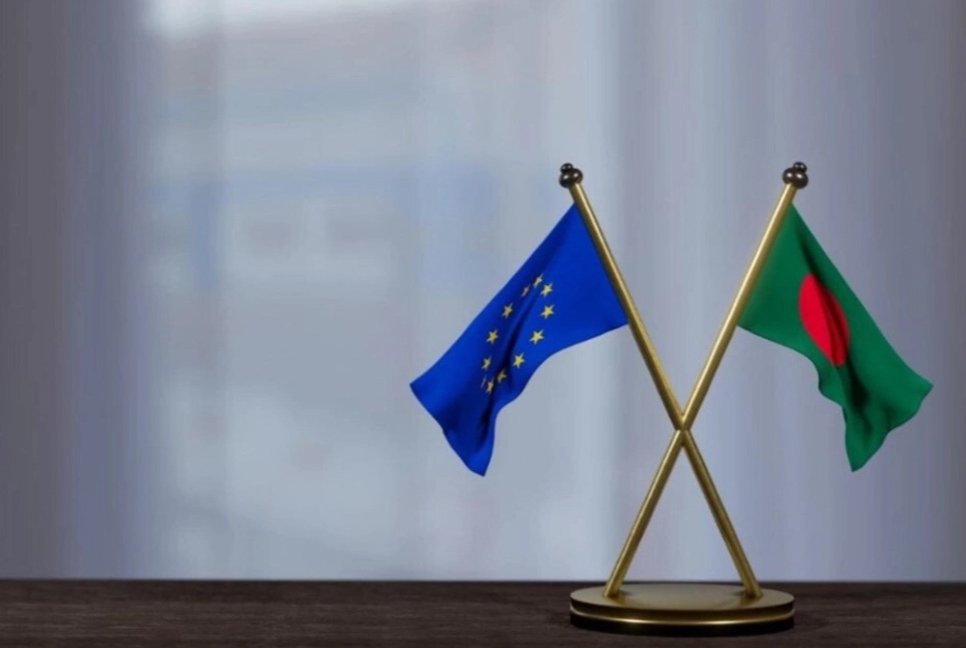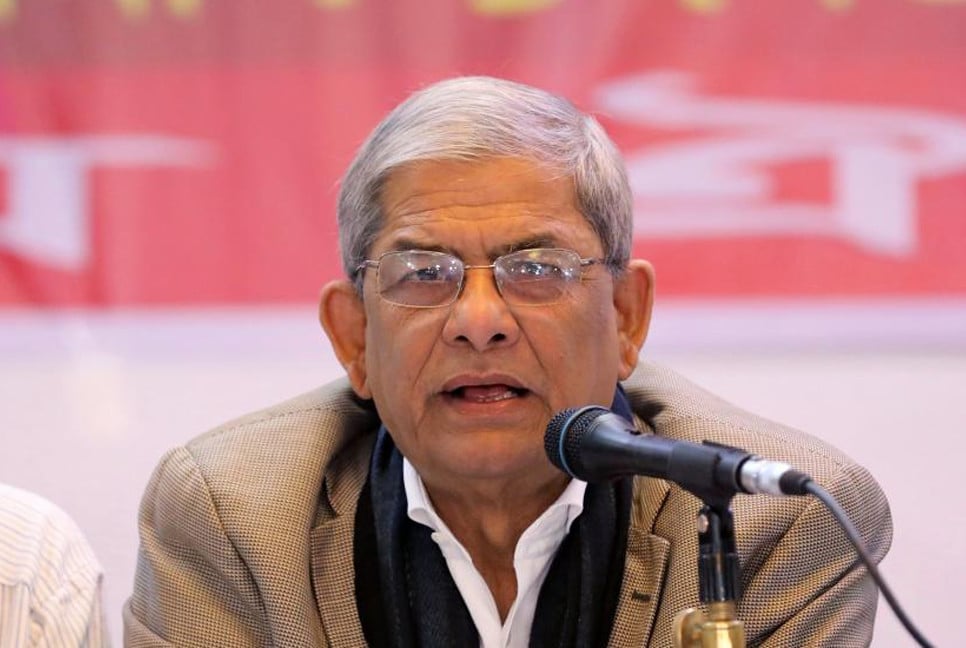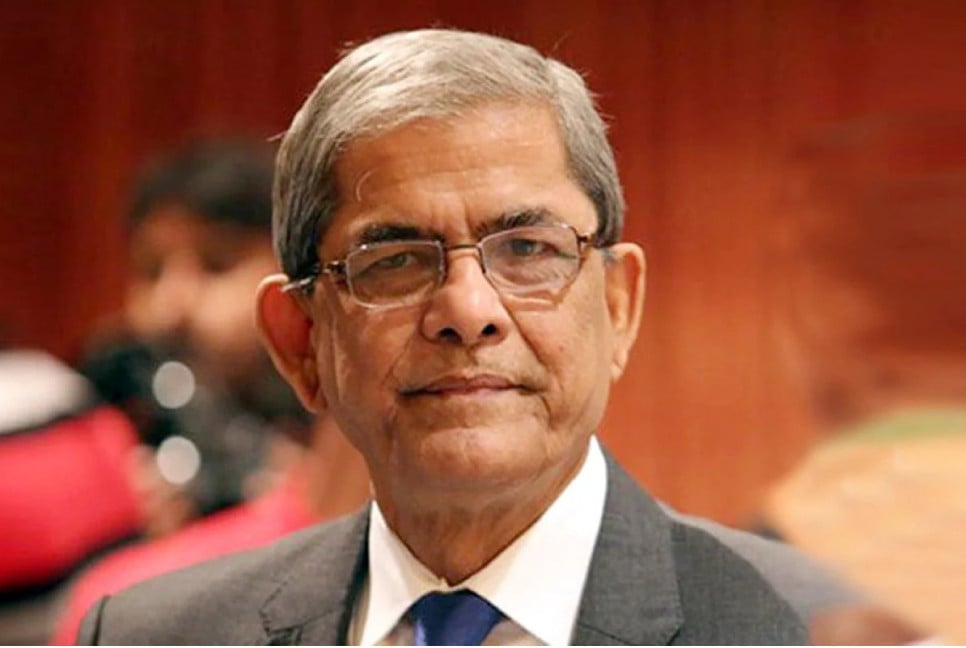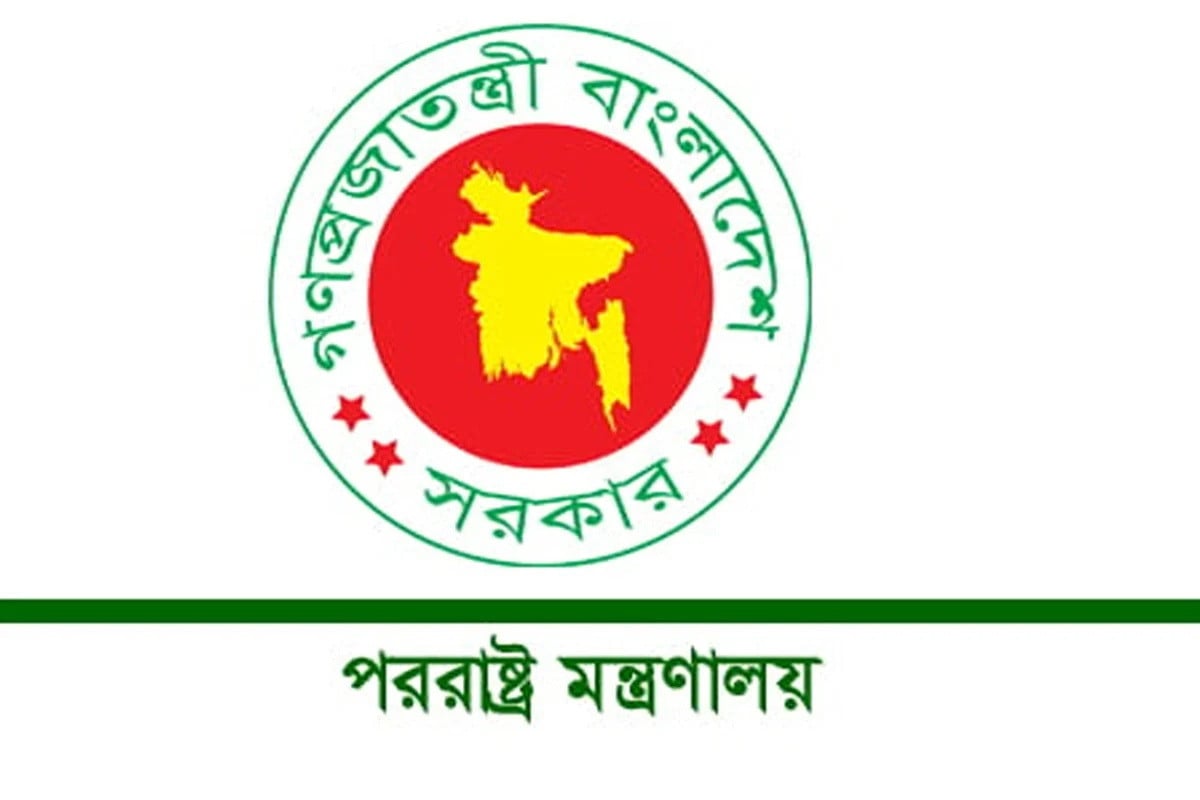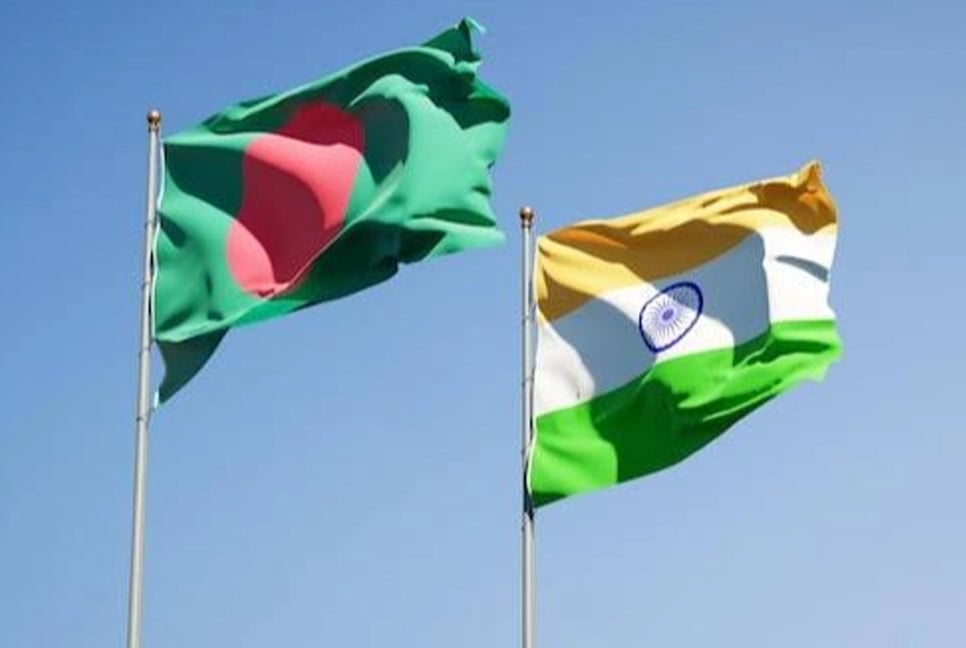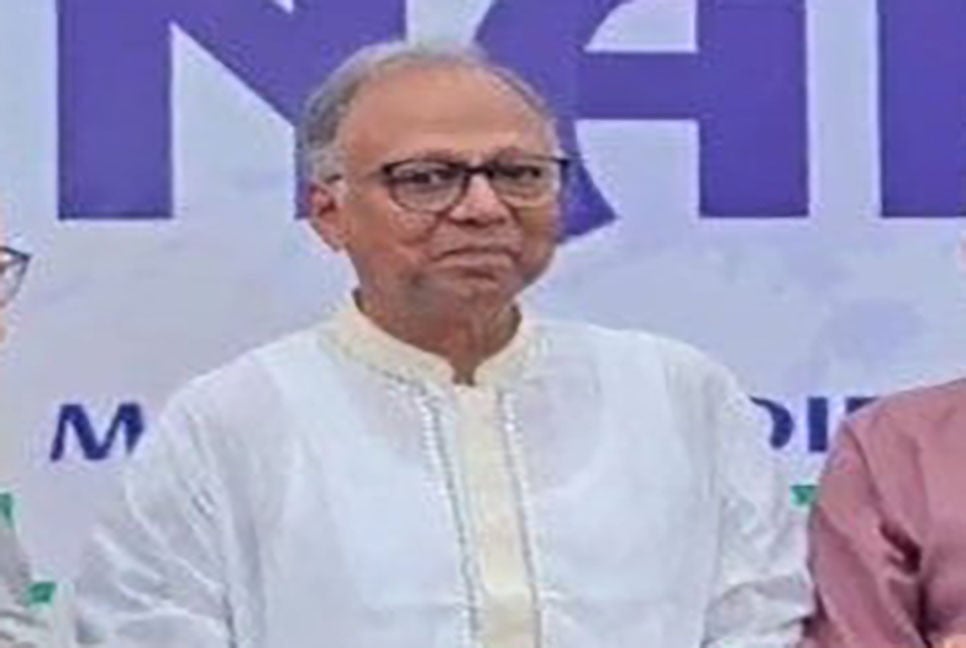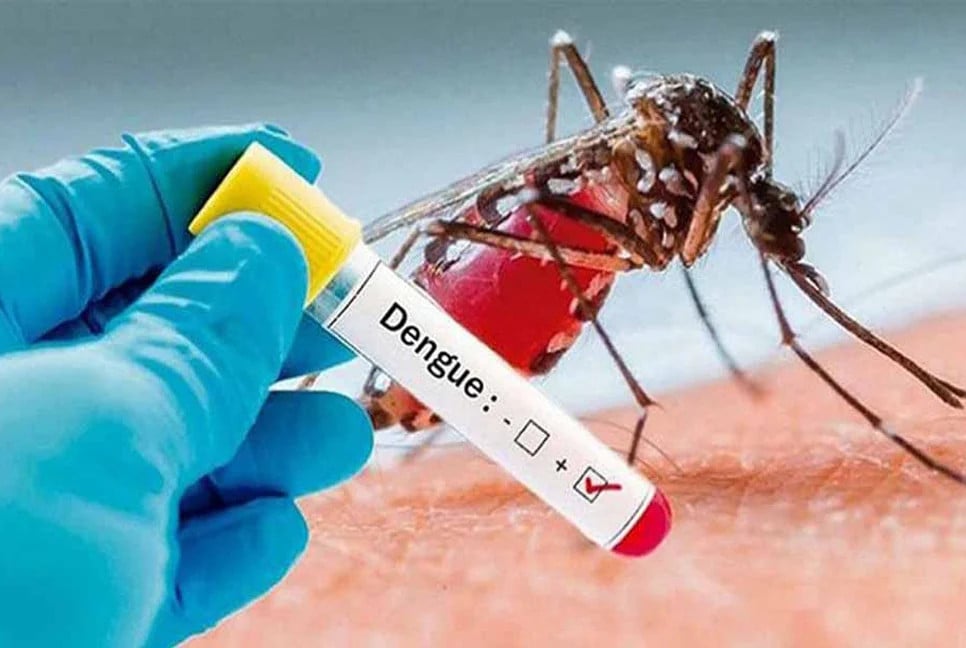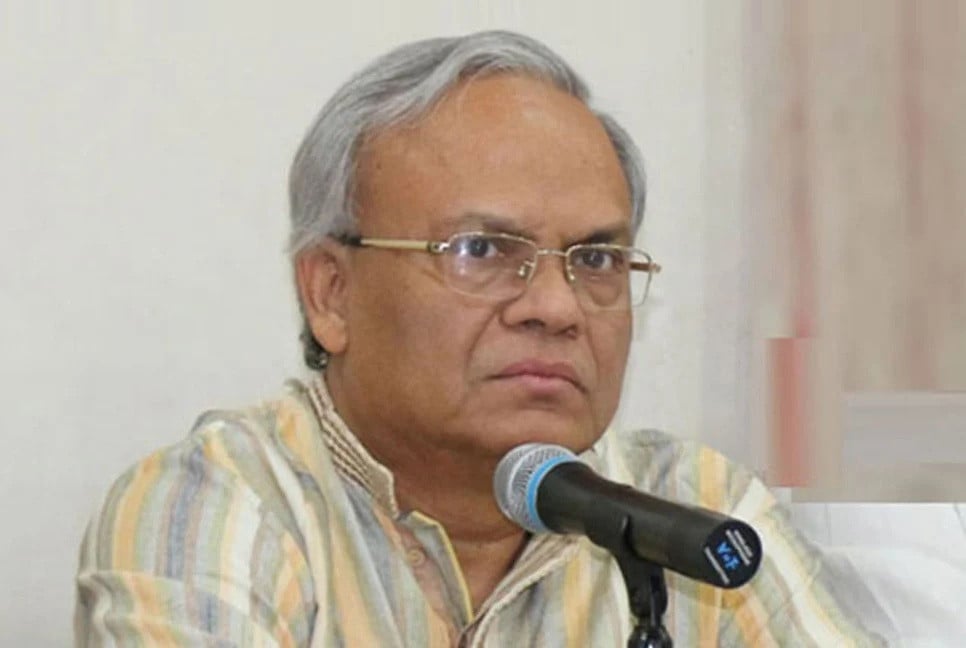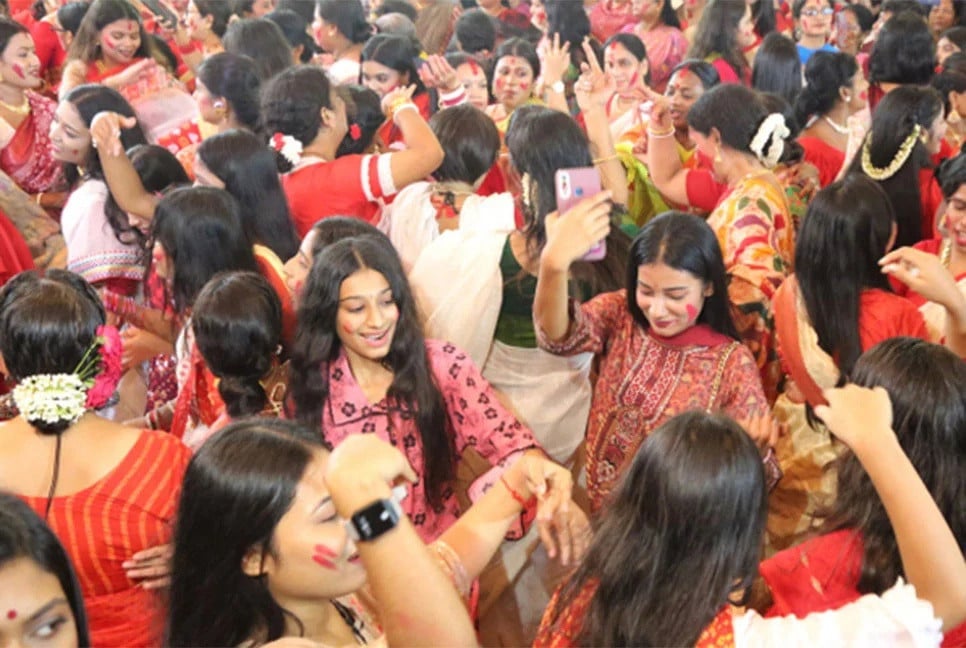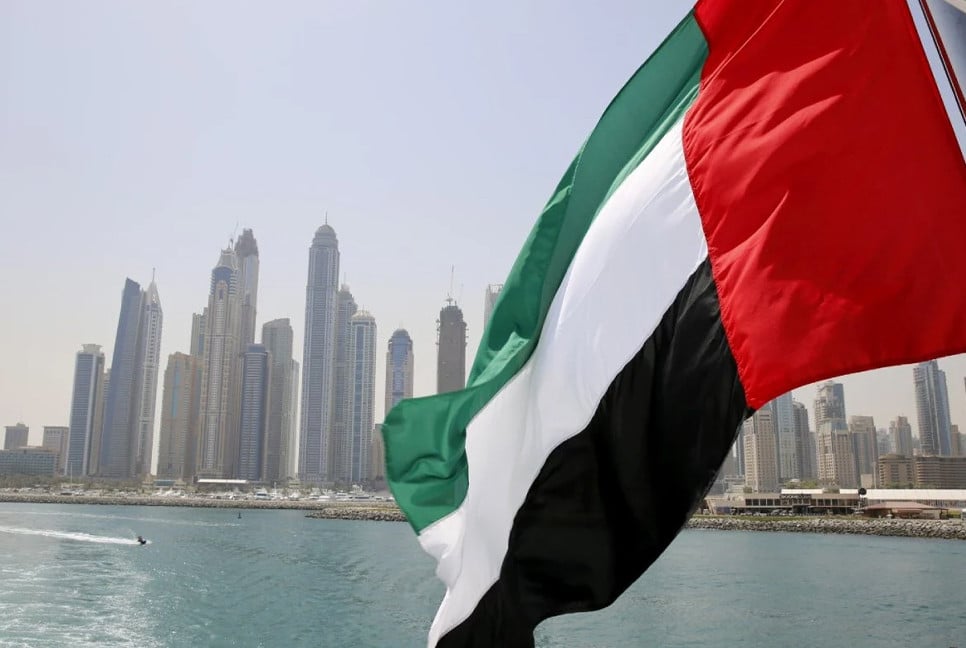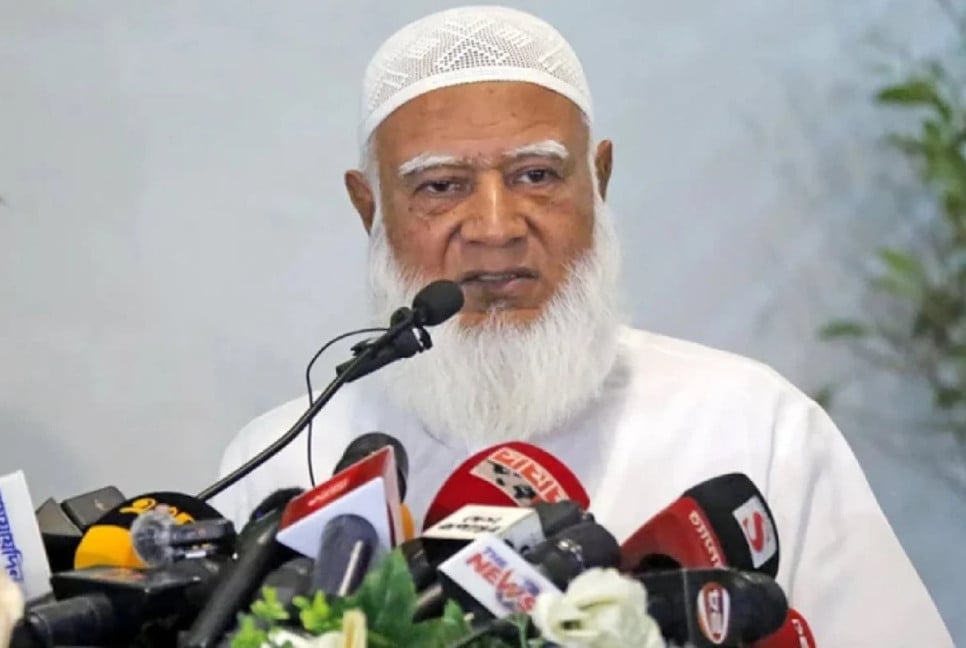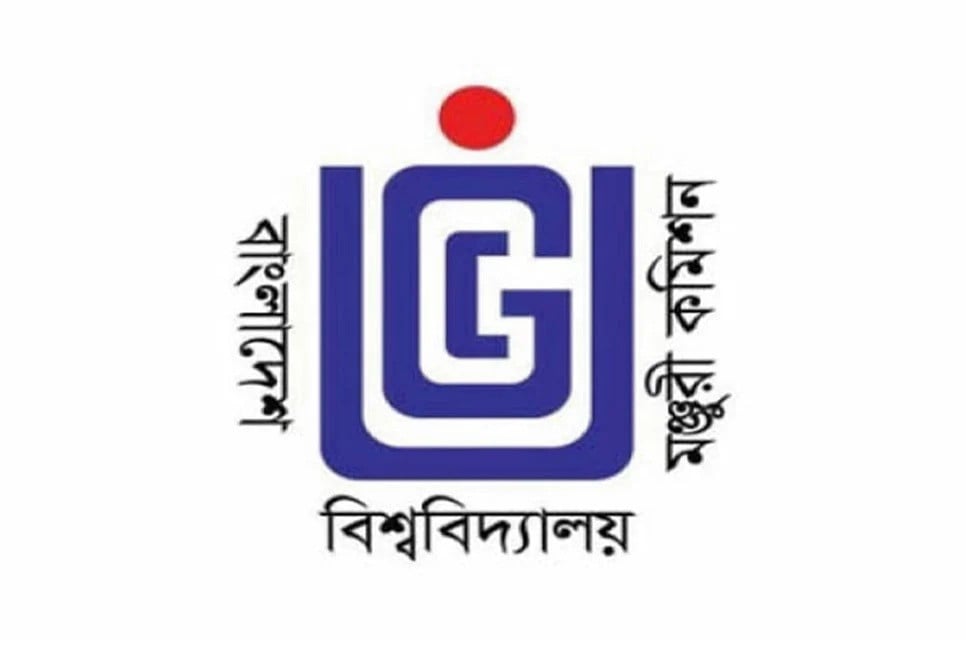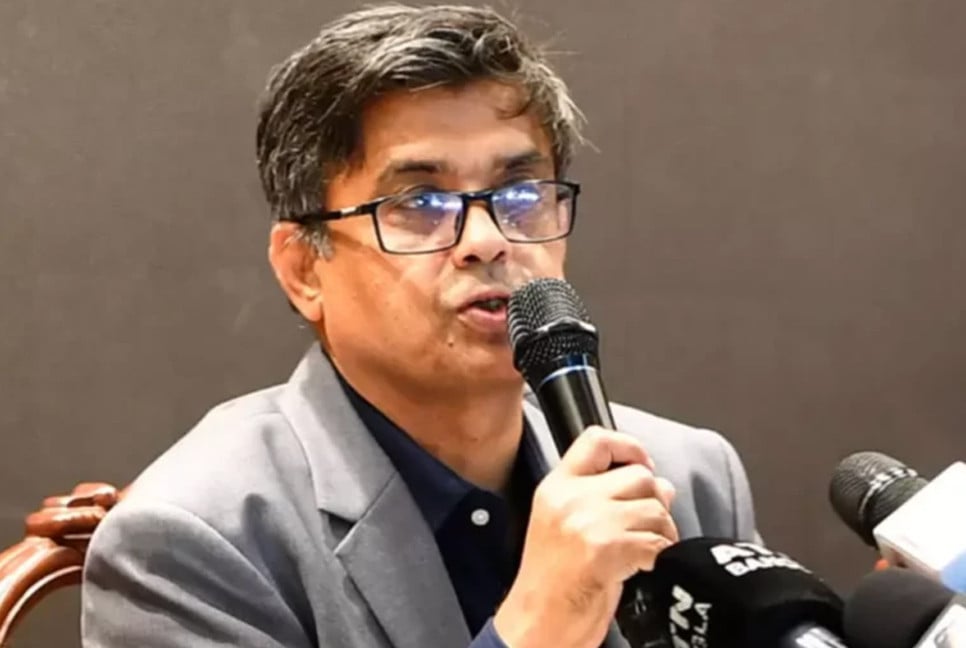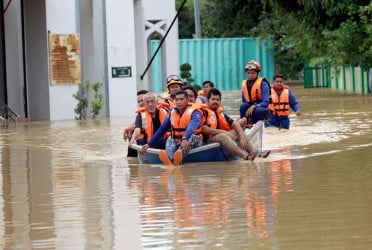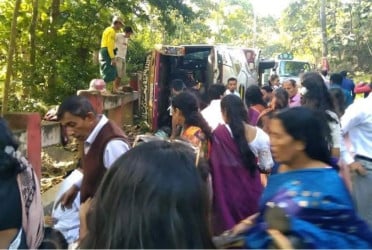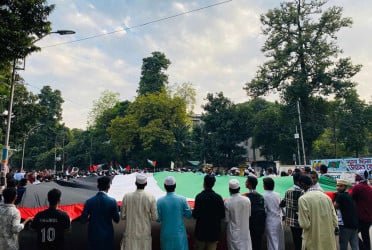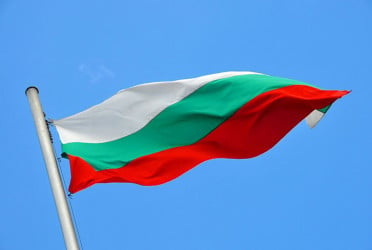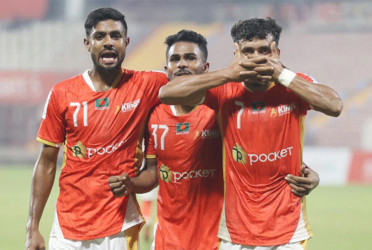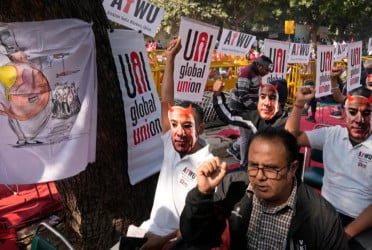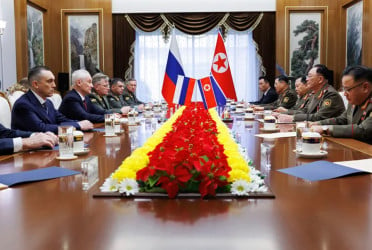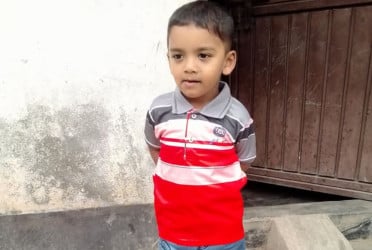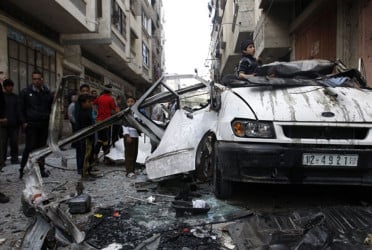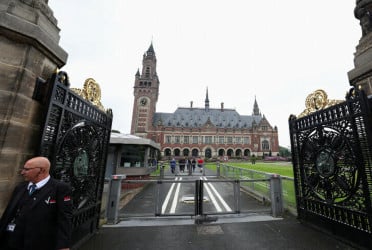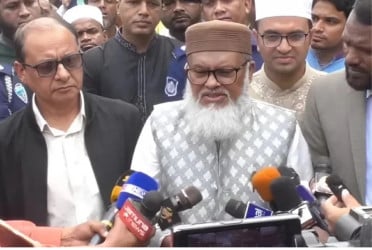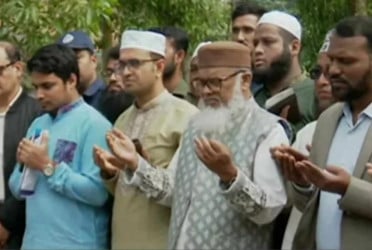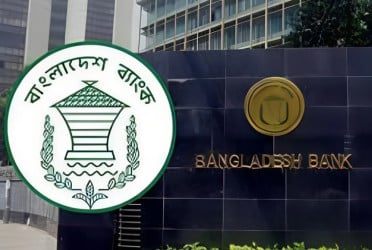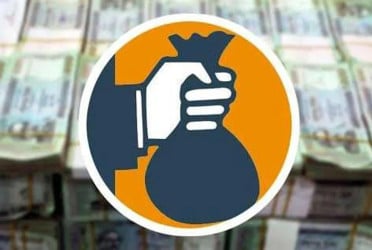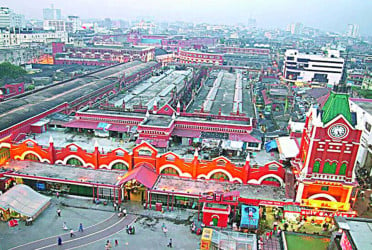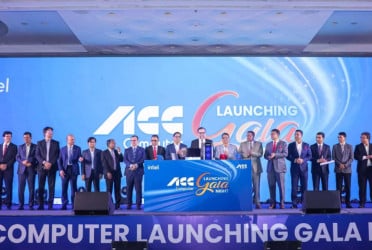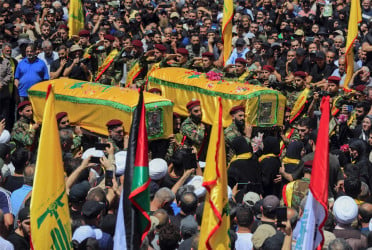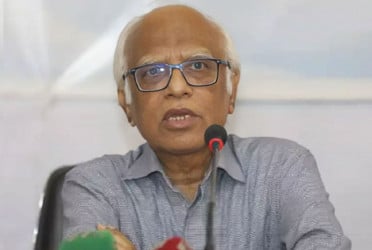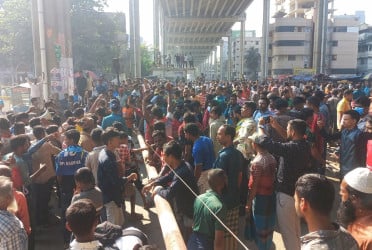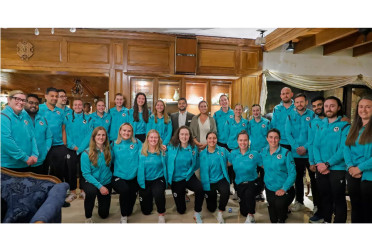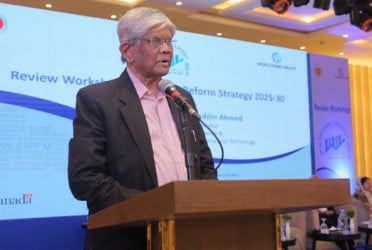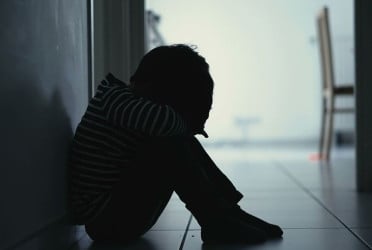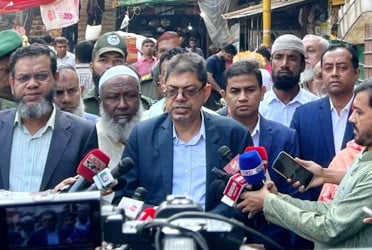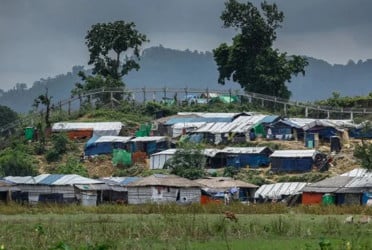The Delegation of the European Union (EU) to Bangladesh organised a signing ceremony to mark the signature of the two grant contracts worth 20 million euros, reports UNB.
These are under PROTTASHA II - Sustainable reintegration of Bangladeshi returnees and improved migration governance.
The signing ceremony represents a significant milestone in the EU’s mutual efforts to foster collaboration with the government of Bangladesh in the area of migration governance and support for returnees, in partnership with IOM and BRAC.
Dr Ahmed Munirus Saleheen, Senior Secretary, Ministry of Expatriate’s Welfare and Overseas Employment, and Muhammad Shafiul Azam, Director, (West Europe & EU Wing) Ministry of Foreign Affairs, graced the event as special guests.
They highlighted the importance of the constant EU assistance to Bangladesh, in particular to promote safe migration. Both thanked the European Union for its continuous support to the government of Bangladesh, particularly in the areas of return and reintegration.
The EU Head of Delegation, Ambassador Charles Whiteley, said the European Union firmly believes in the principles of human rights, dignity, and solidarity.
"It recognizes that migration should be a choice and not a necessity driven by desperation. Our commitment to supporting the Government of Bangladesh in ensuring safe, orderly, and well-managed migration has never been stronger," he said.
The IOM Chief of Mission, Abdusattor ESOEV highlighted that “In the context of IOM Bangladesh’s long-standing relationship with the European Union, we are very pleased to take this partnership to the next level through the Prottasha II project. This project not only builds on the flagship reintegration initiatives implemented through the Prottasha I project but also furthers the EU and IOM’s pioneering approach towards sustainable reintegration in Bangladesh by ensuring that the integrated approach to reintegration is truly owned by the Government of Bangladesh and local actors. The project will work to contribute to transformative changes in the policy and service delivery systems in Bangladesh to support safe and dignified migration, return, and sustainable reintegration in the years to come.”
BRAC’s Executive Director Asif Saleh said, “BRAC is committed to working with the government of Bangladesh and development partners to ensure people can migrate safely, but also they can access social, economic and personal development opportunities when they return. Safe migration and sustainable reintegration directly contribute to improving people's lives, as well as supporting Bangladesh's economic growth. The work done by the government, the EU and partners in Prottasha I in ensuring timely and holistic access to services and improving migration governance returned real impact for returnee migrants and their communities."
"This year, as the diplomatic relationship between Bangladesh and the EU turns 50, BRAC is looking forward to working with the government, the EU and partners to build on and deepen efforts in sustainable reintegration through Prottasha II,” he said.
Francisco de Asís Benítez Salas, Ambassador of Spain; Anne Gerard van Leeuwen, Ambassador of the Kingdom of the Netherlands; Jan Janowski, Chargé d’Affaires a.i, Embassy of the Federal Republic Germany; Guillaume Audren de Kerdrel, Chargé d’Affaires, a.i. Embassy of the Republic of France; Sarah Lynge Rothmann, Consul, Chargé d’Affaires a.i, Embassy of Denmark; Silje Fines Wannebo, Chargé d’affaires a.i, Royal Norwegian Embassy; and Maurizio CIAN, Head of Cooperation, EU Delegation to Bangladesh, were also present on the occasion.
Bd-pratidin English/Tanvir Raihan

